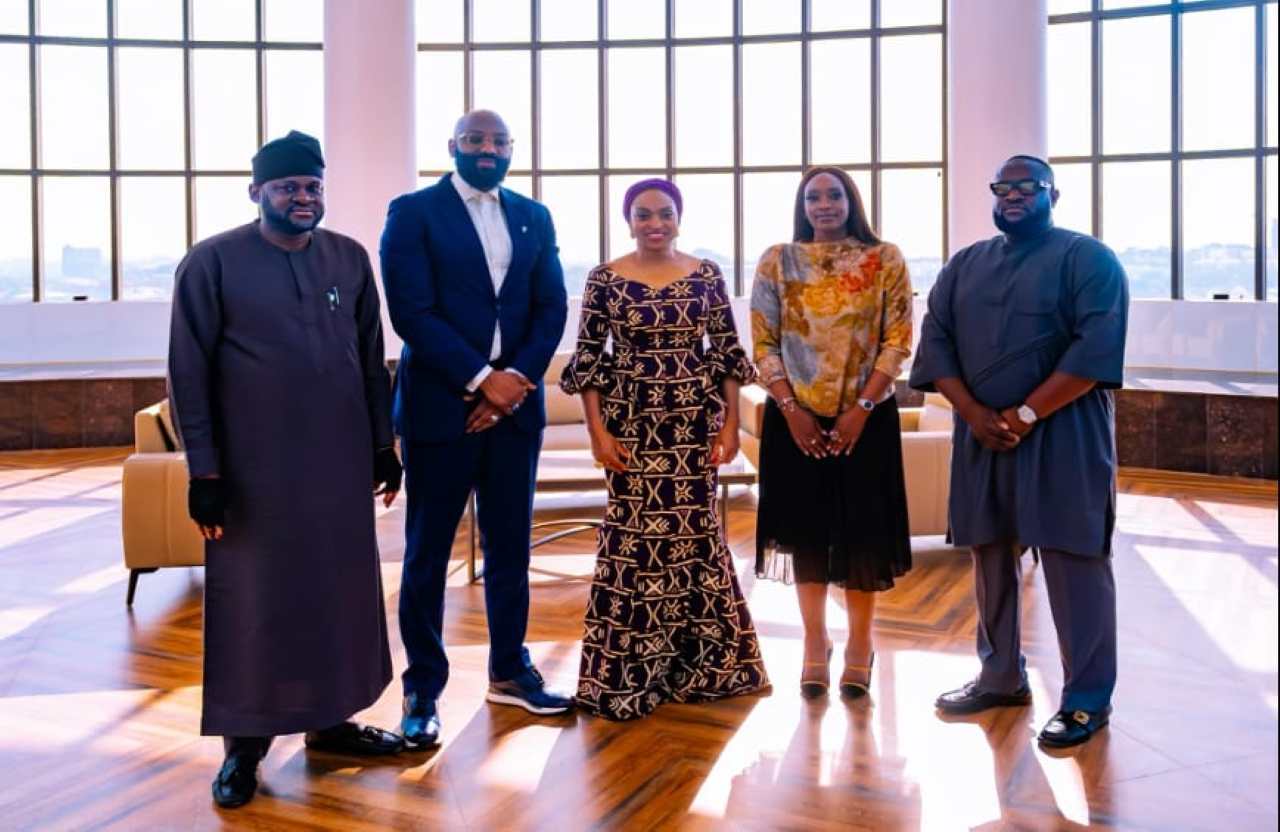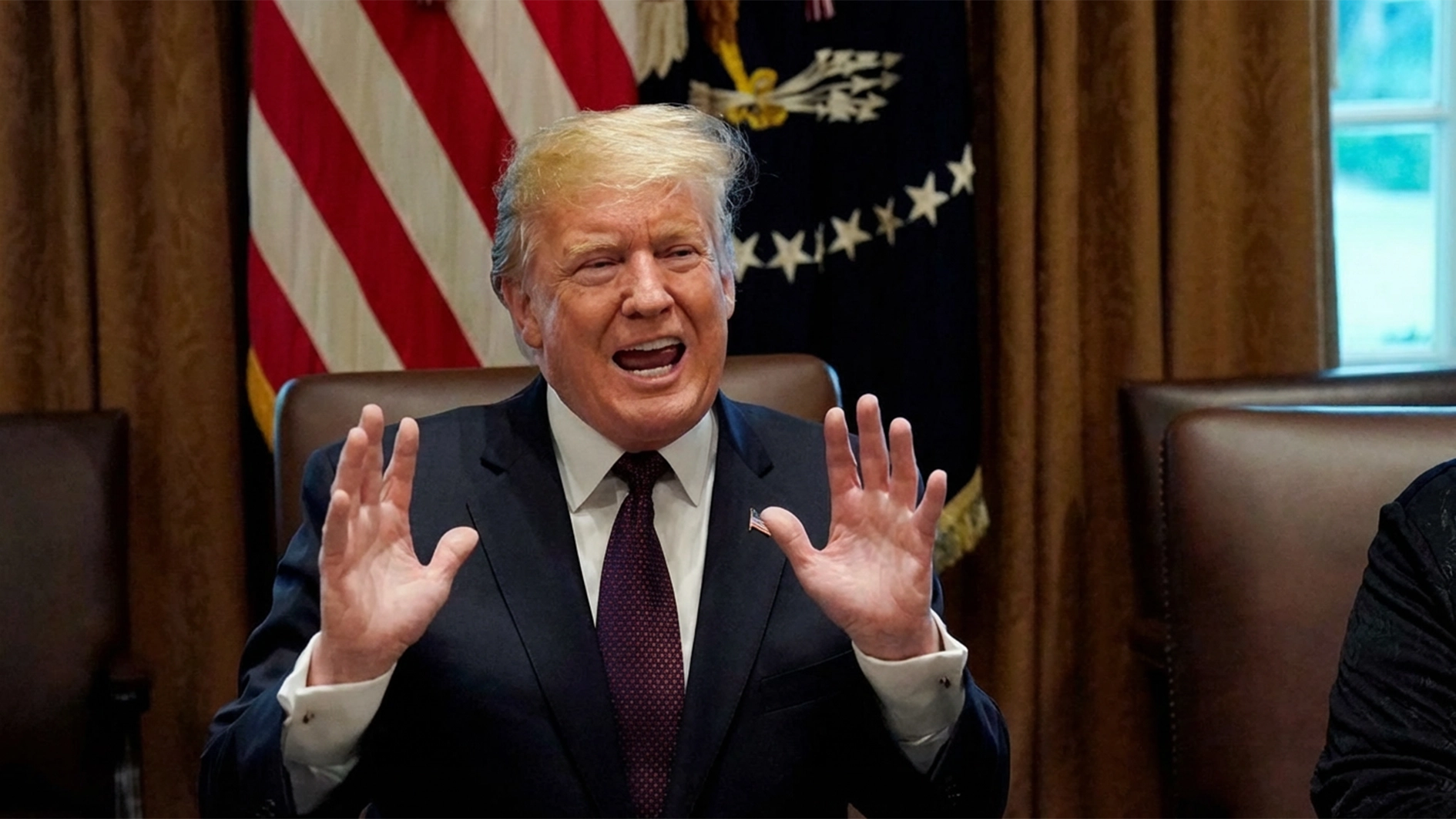A socio-cultural organisation, the Southern Ijaw Unity Forum (SIUF), and the Committee for Transparency and Good Governance (CTGG), yesterday, warned against leaving the responsibility of securing oil pipelines in the Niger Delta to individuals.
SIUF urged the Federal Government to decentralise the award of pipeline surveillance contracts, warning against renewing the deals for existing beneficiaries.
In an open letter addressed to President Bola Tinubu, the National Security Adviser, Nuhu Ribadu, and the Group Chief Executive Officer of the Nigerian National Petroleum Company Limited (NNPCL), Bashir Ojulari, the forum accused the previous administration of sidelining key stakeholders and allegedlyfuelling unrest in the region.
The letter, signed by the Chairman of SIUF, Timothy Amadiowei, lamented that despite billions spent on pipeline surveillance under the former government, oil theft, pipeline vandalism, and illegal refining persist, with adulterated fuel flooding many filling stations.
He blamed the alleged failure on the decision of the Muhammadu Buhari-led administration to entrust the contract to a single individual rather than involving other ex-agitators and community leaders.
He argued that a centralised contract structure has created resentment among Niger Delta stakeholders and allowed illegal bunkering to thrive under the cover of surveillance activities.
On its part, CTGG cautioned that granting or renewing the pipeline surveillance contract in the Urhobo land area to Tantita Security Services Limited, owned by former militant leader, Government Ekpemupolo, popularly known as Tompolo or to any individual who is not an Urhobo indigene, may result in pipeline vandalism and disruption of oil production in Delta State.
In a statement signed by its National Secretary, Onos Austin, the group stressed that Urhobo, Ijaw, and other Niger Delta ethnic nationalities suffer equally from the negative effects of oil exploration and exploitation, including environmental degradation, inhaling noxious gases emitted from industrial activities, stunted farm produce, and so on and should, therefore, enjoy equal benefits.
The CTGG further emphasised that awarding such contracts exclusively to one ethnic group or an influential individual undermines fairness and fuels resentment among other communities whose lands and livelihoods are equally affected.
It warned that marginalising the Urhobo people in matters concerning oil security and resource management could escalate tensions and trigger unrest that might destabilise the fragile peace in the region.






